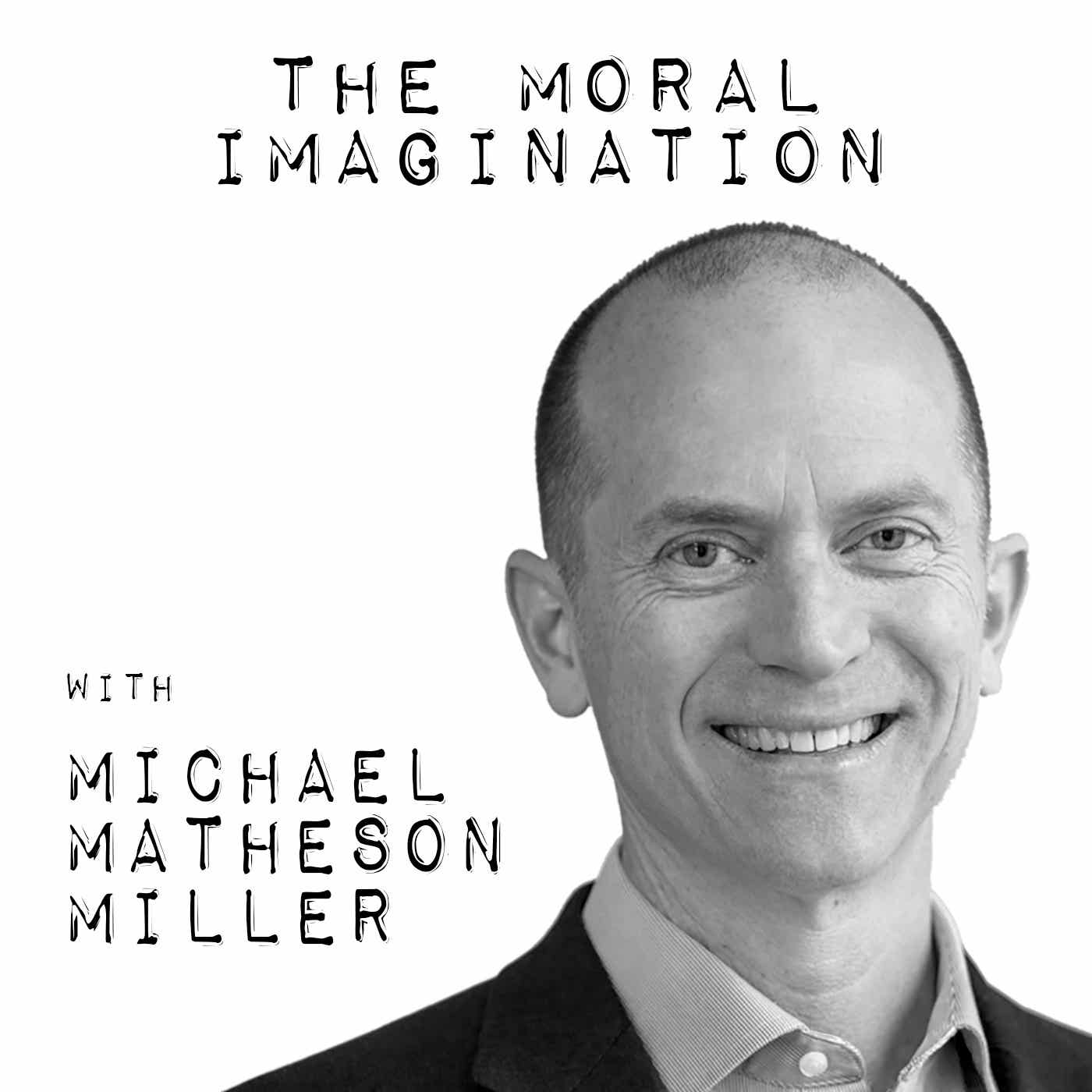Ep. 13: Are We our Brains? Philosophy and the Foundations of Neuroscience, with Dr. Michael Egnor
Description
Does your brain think? Does your frontal lobe decide? Or do you think and you decide? What is the relationship between the brain and and the mind; between the brain and the person? Neuroscience has entered our everyday speech and increasingly shapes the way we think about ourselves and the world--including some serious conceptual errors. In this episode, I speak with Dr. Michael Egnor, a neurosurgeon and professor of pediatric neurosurgery about some of the philosophical foundations and faulty assumptions of contemporary neuroscience. We discuss his critiques of materialism, positivism, and scientism that underlie much of neuroscience. We also discuss the work of Bennet and Hacker and the pervasive error in neuroscience of the mereological fallacy--the error of identifying the part with the whole--identifying the brain with the person. Bennet and Hacker argue that much contemporary neuroscience is founded upon a "mutant Cartesianism" that has replaced the dualism of Decartes with a new dualism where the brain takes the place of the mind. We also discuss Dr. Egnor’s work on split-brain patients, perception, and the Aristotelian-Thomistic idea of hylomorphism. This is my first interview with Dr. Egnor. In the second interview, we discuss the problem of free will, the work of Benjamin Libet, Sam Harris, and what neuroscience actually tells us about free choices.
Show Notes: https://www.themoralimagination.com/episodes/michael-egnor
More Episodes
Photo Credit: Tyler Follon - Wingman Visuals
In this episode of the Moral Imagination Podcast, I speak with Professor William Easterly of New York University about his work in development economics, and the problems of technocracy and social engineering of the poor.
Easterly worked at the World...
Published 04/25/24
Published 04/25/24
This episode of the Moral Imagination Podcast is a talk I gave at AmPhil’s Center for Civil Society conference in November, 2023 on the “Rise of the Nones.” According to Pew Research, those who declare no religious affiliation - None - are now the largest religious category in the United...
Published 02/26/24


